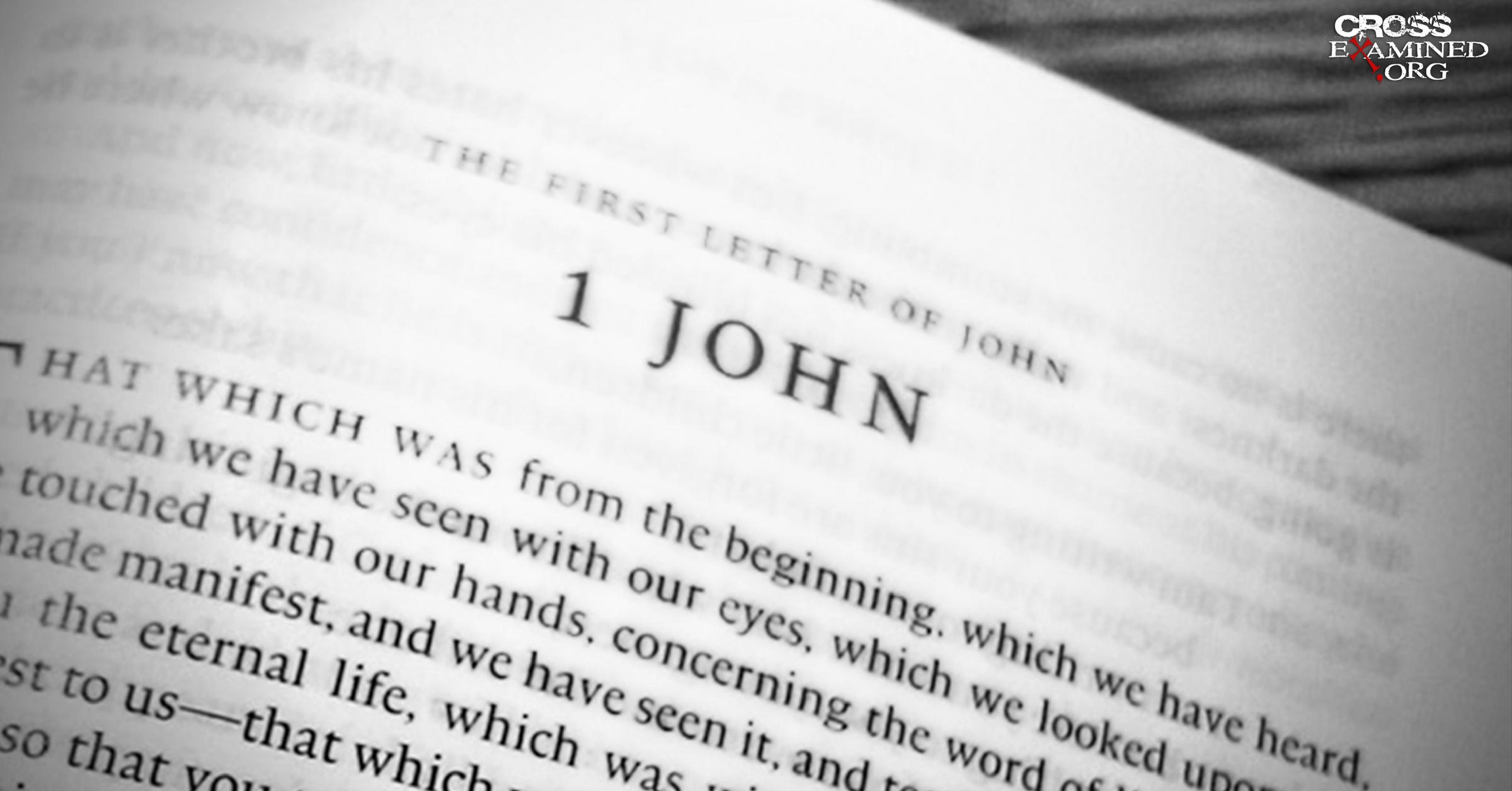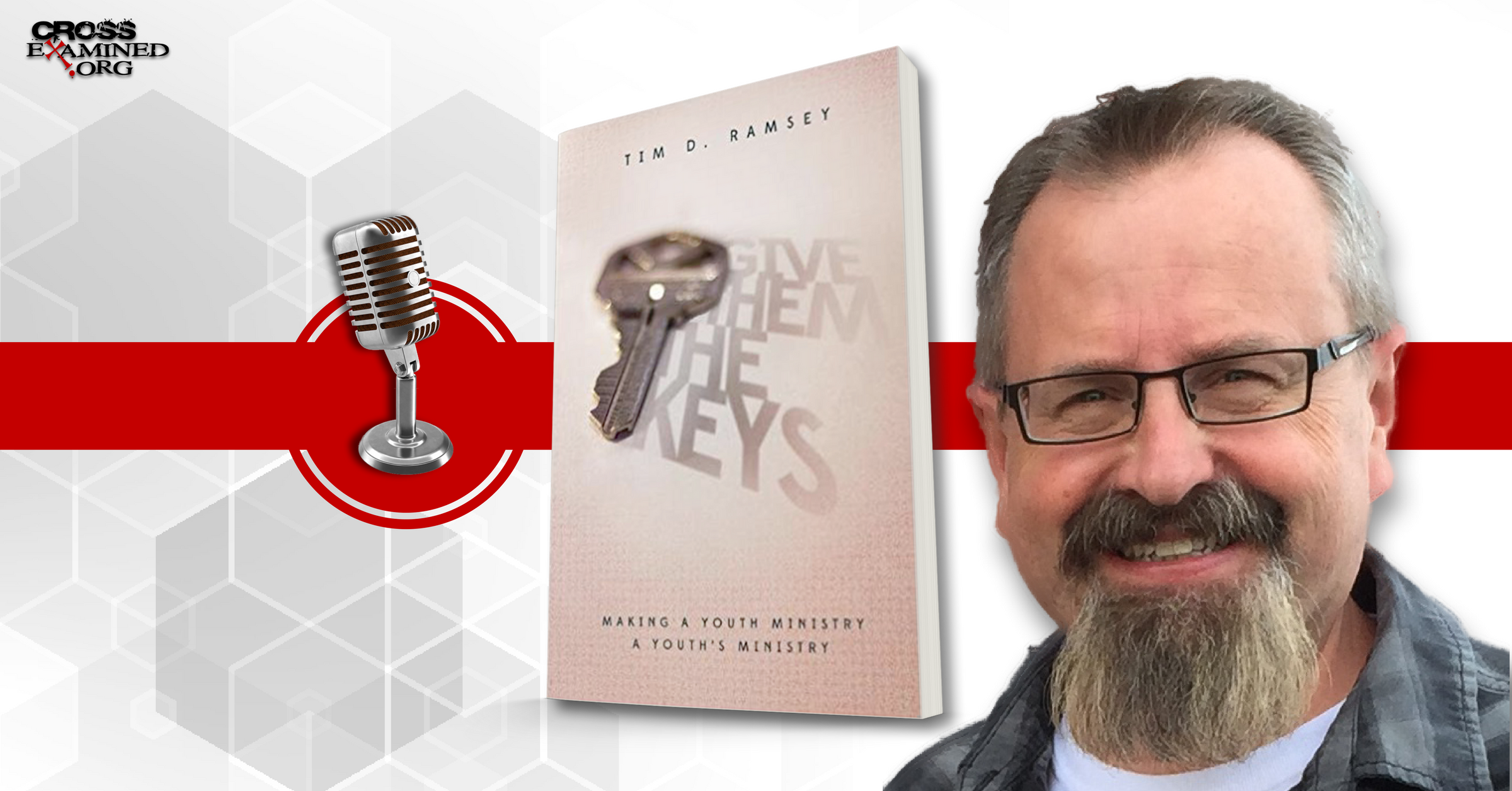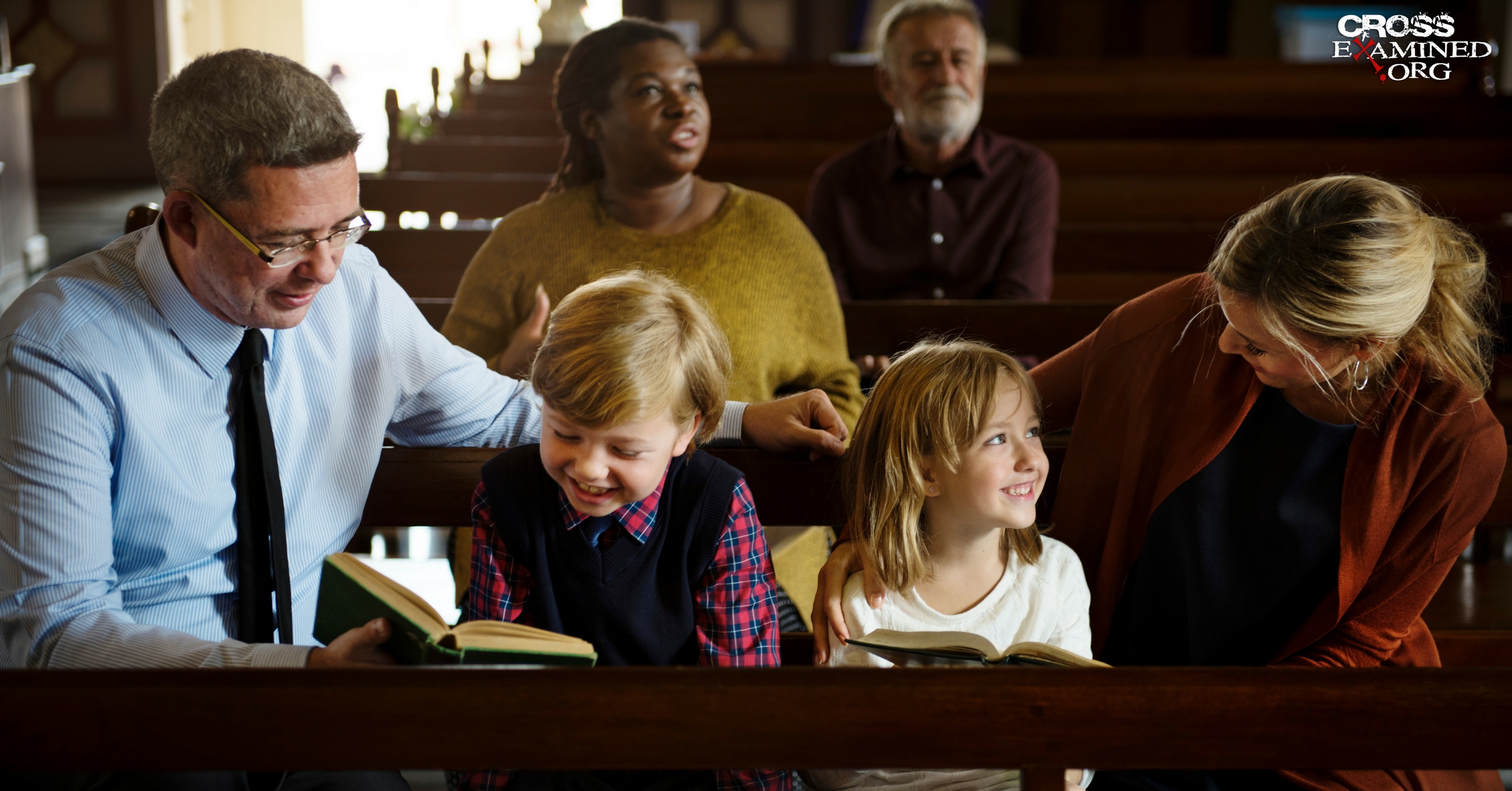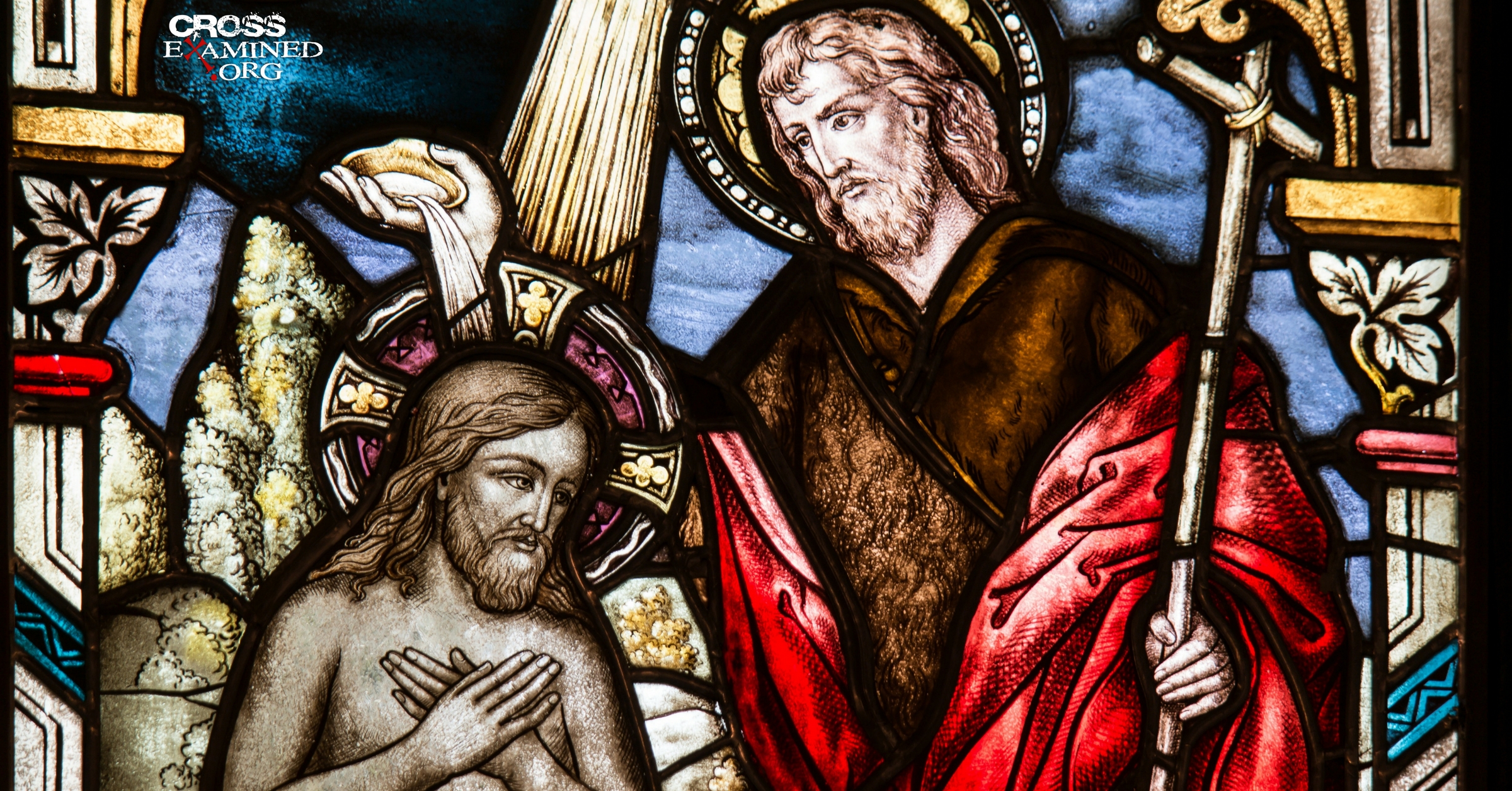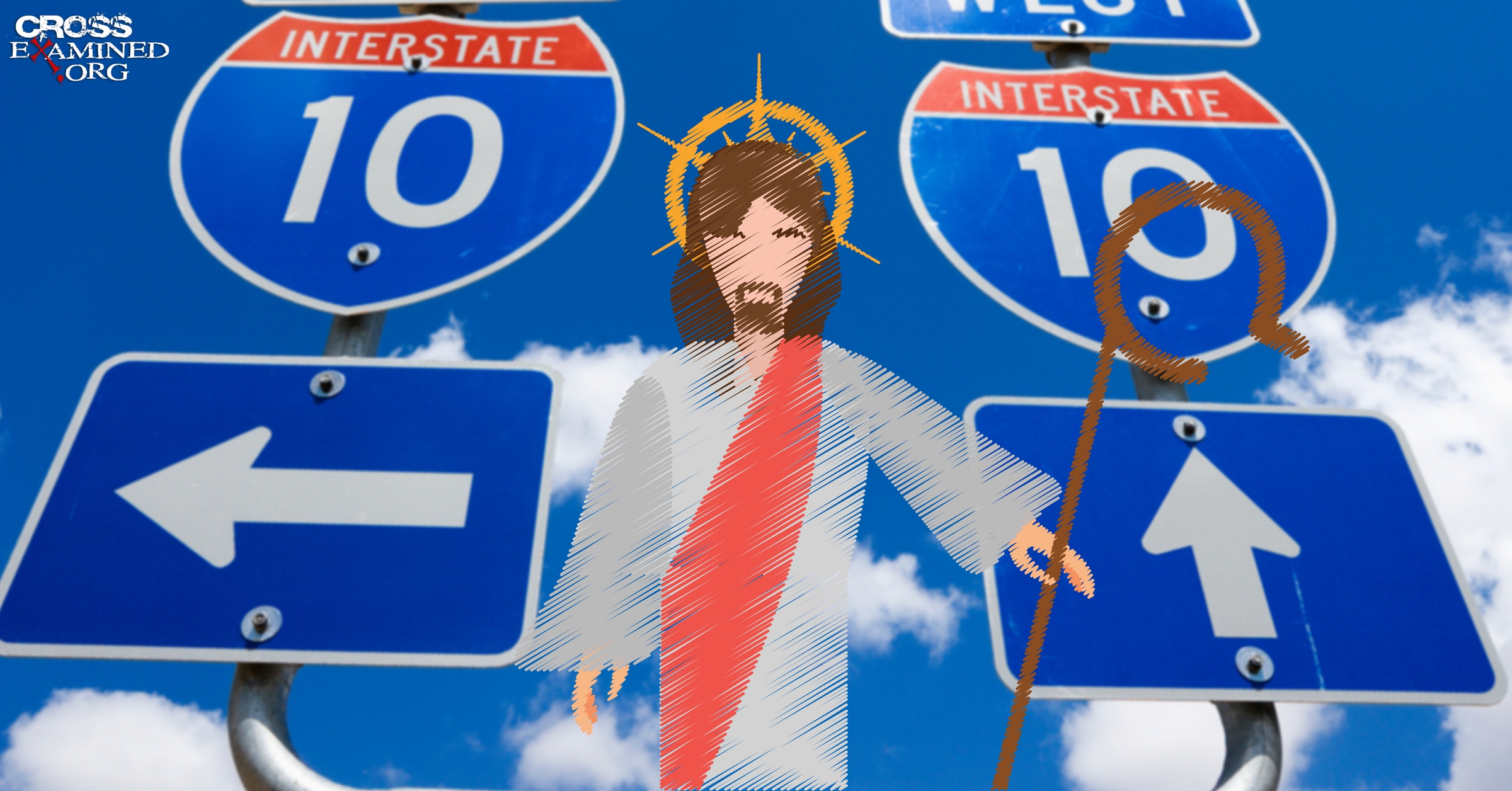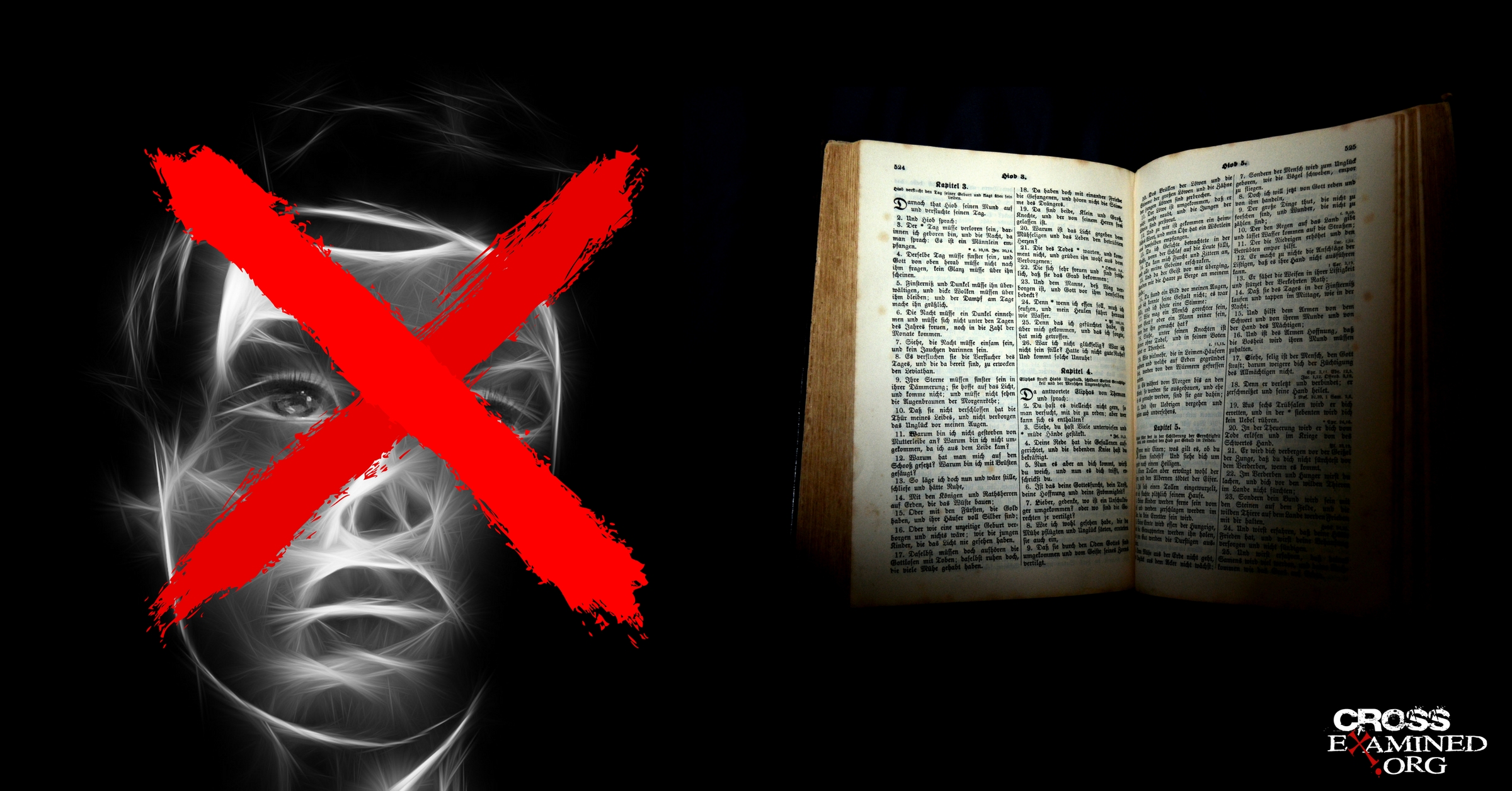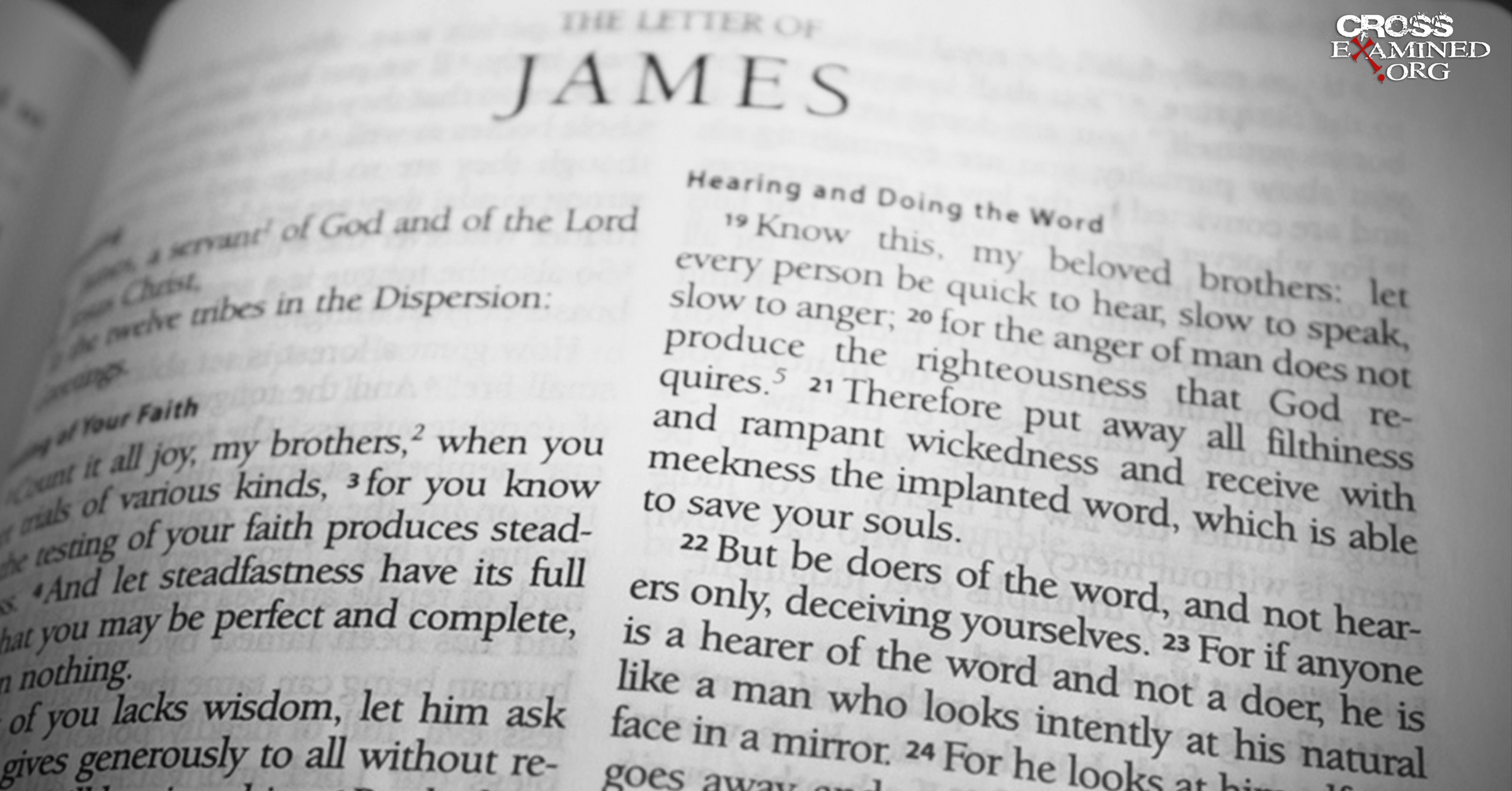By Natasha Crain
I haven’t blogged in a few weeks because I’ve been especially busy since the release of Talking with Your Kids about God. Speaking events and interviews take a lot of time! But it’s been a truly encouraging few weeks, as I’ve had the opportunity to hear from the first readers how the book is already impacting the discipleship of their kids and grandkids (you can read almost 70 excellent reviews on Amazon!).
One of the best parts of the book release experience has been my launch team—a group of people who agreed to read a pre-release copy of the book in exchange for their honest review and to help share about the book on social media. These early readers were passionate about getting the word out after reading it. This led to several of them in our Facebook group asking something to the effect of, “I’ve shared with my personal circle, but how do we get more Christian parents—in churches everywhere!—to understand the need for this knowledge? It seems so hard to get people to care about seriously discipling their kids.”
It was both heartening and discouraging to hear the question. It was heartening because it indicated that they felt the sense of urgency I so passionately wanted to convey in the book. It was discouraging because it reminded me of the challenge I have known so well over my years of writing and speaking—it’s tough to get most Christian parents interested in getting equipped to train their kids with an understanding of apologetics (the evidence for the truth of Christianity).
I’ve reflected a lot on this challenge and could say many things about it, but I wanted to share just one reason for it today, as it relates to moms especially: Christian moms often look for encouragement more than guidance.
If you do a survey of popular books, blogs, retreats, and conferences targeted at Christian moms (and reflecting the market demand for this kind of content), you’ll see a predominant theme of general life encouragement. These messages:
Help us find joy in the midst of our “messy” lives (a favorite descriptor).
Let us know it’s normal to be overwhelmed by laundry.
Inspire us to feel we’re doing an important job with our kids, even when cleaning.
Encourage us to find release from various “traps” in our lives.
Demonstrate how we can make the most of small moments in our day.
Confirm that finding balance is difficult.
Relieve our fears that we’re not as good of a parent as we should be.
Remind us that comparing ourselves to other parents is a bad thing.
Let us know we don’t have to be perfect.
These messages are all important. I know what it’s like to feel discouraged by the day-to-day parenting life, both as a working mom and as a stay-at-home mom. I really do. There is a need for these messages.
But when the predominant messages moms consume are words of general encouragement, we create a self-indulgent culture focused on increasing our satisfaction with life rather than our effectiveness as Christian parents.
One of the greatest areas that suffer when this is the case is our kids’ spiritual development.
How Did We Get Here?
My professional background is in marketing, and one of the things marketers know well is that there’s a key difference between a person’s felt needs and their real needs. A felt need is a need that a person feels, but may or may not be something they really need. A real need is a true need a person has, but may or may not be something they’re aware of or agree with.
Felt needs are powerful drivers of behavior. The fact that there is so much content targeting moms with life encouragement readily demonstrates that moms feel that need and have created a market demand for it. And is there any question as to why? Being a mom is HARD! Most of us are thoroughly overwhelmed. I’m personally overwhelmed by the messiness of my house, the incessant fighting between my kids, the reality of getting older, and a lack of free time, amongst many other things.
While “being a mom is hard” sounds like a rather trite declaration, many studies show that Gen X women are particularly stressed, depressed, overwhelmed, and exhausted, with self-reported well-being declining steadily from age 35 to 50. Two recent articles at Oprah.com and ChristianityToday.com discuss how these facts have led to a new kind of midlife crisis for today’s women who are in the thick of their parenting years.
When we’re in a crisis mode (whether we consciously label these feelings as “crises” or not), we’re at a breaking point. You probably know that point well: the one where you feel that if there is ONE MORE THING you have to do, you’re going to scream, panic, or cry.
It’s natural that in this state of mind we’re most interested in finding help to clear our emotional plate. It’s the strongest felt need. Unfortunately, it’s also natural that in this state of mind we are wholly uninterested in anything that tells us we need to be doing more or doing things better.
Yet, given the world our kids are facing today, they need us to do more than most of us are doing for their discipleship…and they need us to do it better.
A Real Need for Guidance
In the introduction to Talking with Your Kids about God, I suggest that there are two key ingredients to discipling our kids: discipline and direction. Direction is the knowledge of what to do and discipline is the commitment to doing it. Discipline comes from within, but direction comes from intentionally identifying the guidance one needs to best do the job.
So why is there such a need to actively seek guidance when it comes to our kids’ spiritual development?
- What’s required in disciple-making changes over time?
Disciple-making has always been the process of helping kids become followers of Jesus. But what is involved in that process differs through time. Parents of kids growing up in the 1600s faced different issues than those raising kids in the 1800s and 2000s. We’re striving to help our kids follow the same Jesus throughout those centuries, but there are different obstacles in the path. Today’s challenges are leading unprecedented numbers of kids away from their faith (at least 60 percent of those raised in Christian homes, according to multiple independent studies). We need to ask what our disciple-making process should look like given today’s spiritual environment. That requires more guidance than our personal intuition.
- What “worked” for you may not “work” for your kids.
Many moms I talk to are simply repeating whatever discipleship they received as kids in their own family because they don’t know what else discipleship would look like. Oftentimes, this boils down to a trip to church each week, prayers before bedtime, and maybe an occasional devotional. They assume that because they grew up to love Jesus that this is enough for their kids too. This is a dangerous assumption. Kids today will be challenged more often and more deeply on their beliefs than most of us ever were. You simply don’t know how your faith would have developed in similar conditions.
- Today’s challenges are predictable, so there’s no excuse for not equipping your kids to understand them.
When I speak, I often begin by asking the room, “How many of you are here today already thinking that our country is becoming an increasingly secular place and that your kids’ faith will likely be challenged because of it?” Every parent raises their hand. But when I ask, “Now take that a step further: How many of you are confident you know specifically what the challenges are, how to effectively talk about those challenges with your kids, and what that means for you as a parent on a daily basis?” I at most will see a couple of hands go up.
As this shows, most parents get as far as feeling the fear of what their kids will encounter but don’t take the next step of looking for guidance on what to do. My goal at those speaking events is to demonstrate that today’s challenges are highly predictable (as I’ve shown in both of my books), and that if we don’t equip our kids to encounter them, we have quite literally failed them without excuse.
Discipleship is a calling for both moms and dads, so I don’t want anyone to read this and think I’m laying the youth exodus from Christianity solely at the feet of moms. But we, as moms, certainly have part of the responsibility. And our collective thirst for and prioritization of encouragement is, of course, just one of many reasons we aren’t better discipling our kids. However, when we see so many moms gravitating to self-help resources, I can’t help but ask:
What if for every book we read on finding balance, we read one on the evidence for God’s existence?
What if for every small group study we did on anxiousness, we did one on discipleship?
What if for every blog post we read on easing mommy guilt, we read one on a common objection to Christianity?
What if for every encouraging Facebook group we joined, we joined one that discusses apologetics and theology?
I will venture an answer to these and similar questions: Kids today would have a deeper faith. Encouragement is great, but it will never compensate for learning what we need to be effective disciplers of our children.
Natasha Crain is a blogger, author, and national speaker who is passionate about equipping Christian parents to raise their kids with an understanding of how to make a case for and defend their faith in an increasingly secular world. She is the author of two apologetics books for parents: Talking with Your Kids about God (2017) and Keeping Your Kids on God’s Side (2016). Natasha has an MBA in marketing and statistics from UCLA and a certificate in Christian apologetics from Biola University. A former marketing executive and adjunct professor, she lives in Southern California with her husband and three children.
Original Blog Source: http://bit.ly/2jUEDjt


